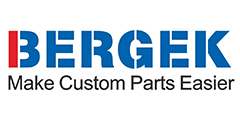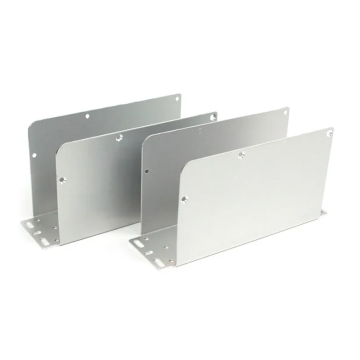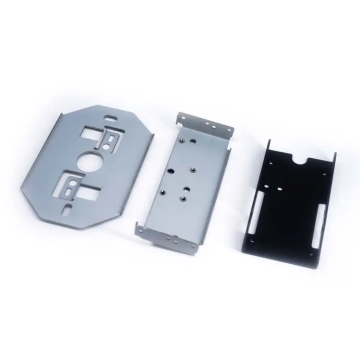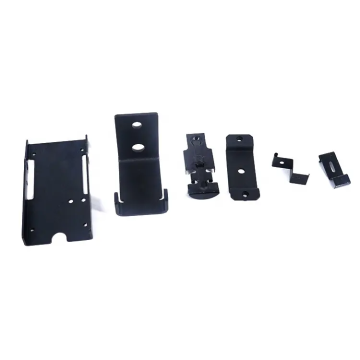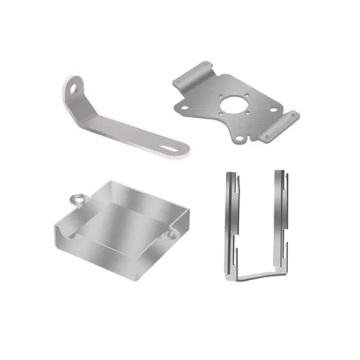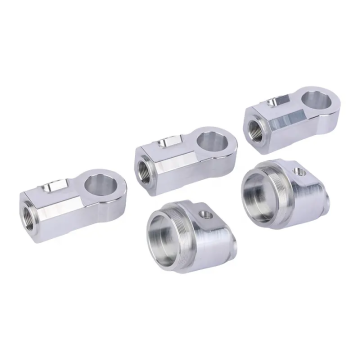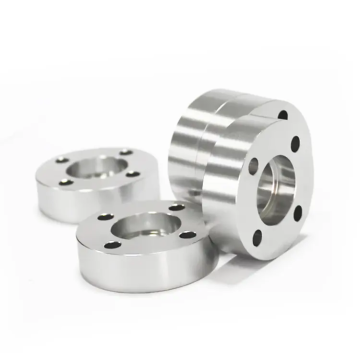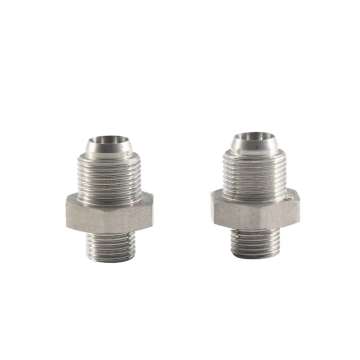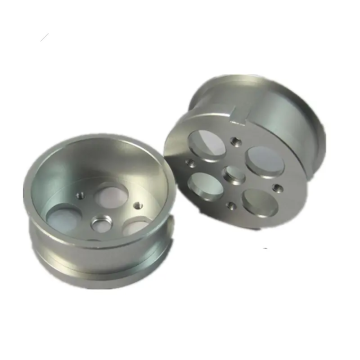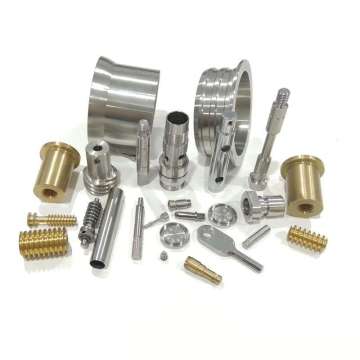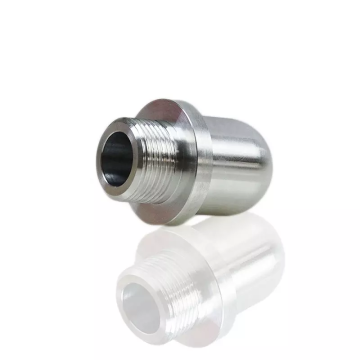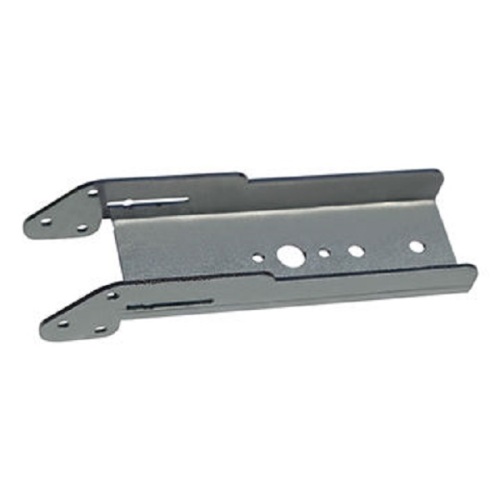
Custom metal folding sheet
-
$6.50≥10 Piece/Pieces
- Min. Order:
- 10 Piece/Pieces
- Min. Order:
- 10 Piece/Pieces
- Transportation:
- Ocean, Land, Air
- Port:
- ShenZhen
Quantity:
Your message must be between 20 to 2000 characters
Contact NowBasic Info
Basic Info
| Place of Origin: | China |
|---|---|
| Productivity: | 10000 |
| Supply Ability: | 800000 |
| Payment Type: | L/C,T/T,D/P,Paypal |
| Incoterm: | FOB,CFR,CIF,EXW,FCA,CPT,CIP |
| Transportation: | Ocean,Land,Air |
| Port: | ShenZhen |
Product Description
Product Description
Sheet metal folding is part of the bending and forming manufacturing technique, which involves folding the surface portion of the sheet metal.
How does folding work?
Since the term describes a constitutive process, there are different modes of operation. The common denominator of all processes is to bend the workpiece around one or more straight edges of the tool by applying pressure. The machine tool used for this purpose is a bending machine, a folding table, or a folding machine.
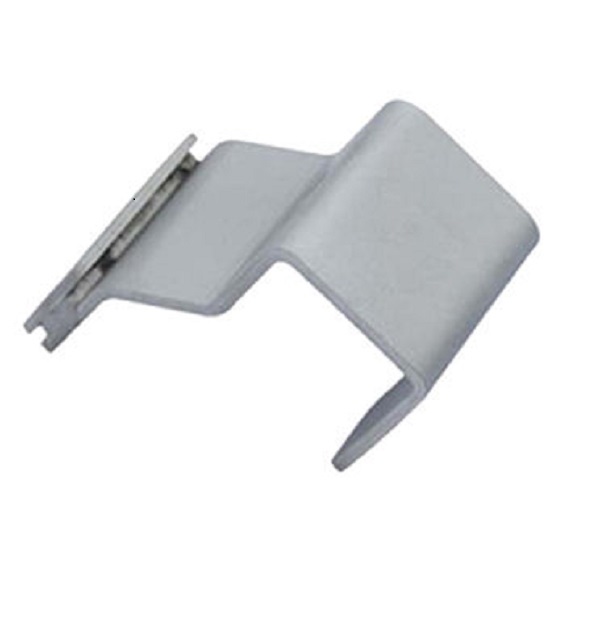
Single side clamp folding function
In free bending without a die, the workpiece is clamped along the edge to be produced, and the punch moves through the fixture at right angles to the plate surface. During folding, the plate is bent around a folding wing opposite the punch. The folding works very similarly, the difference being that instead of moving in a straight line at the punch, the folding wing rotates around the curved edges. The tool therefore performs the motion of the corresponding bent leg leading to the sheet metal profile.
What happens during bending?
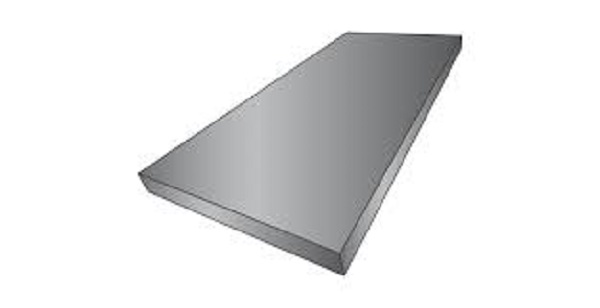
In the bending process using a die, the bending edge is usually located on the punch of the machine tool. When folding more complex parts, such as shaped profiles in a single operation, additional curved edges may be required on the die. Each simple die bending operation begins with free bending, also known as three-point bending, similar to the corresponding bending test. The workpiece rests on the two upper edges of the mold and is pressed into the mold by a V-shaped punch. The vertices of the workpiece do not contact the mold.
If the molding process stops before the punch reaches the bottom of the die, the process is classified as free bending. Otherwise, the pressing stage begins with the bending of the bending machine, i.e. the workpiece has the exact shape of the punch and die. This reduces springback after pressure release, leading to more accurate production. On the other hand, a specific tool set consisting of punches and dies is required to produce different profile angles.
Related Keywords
Related Keywords

